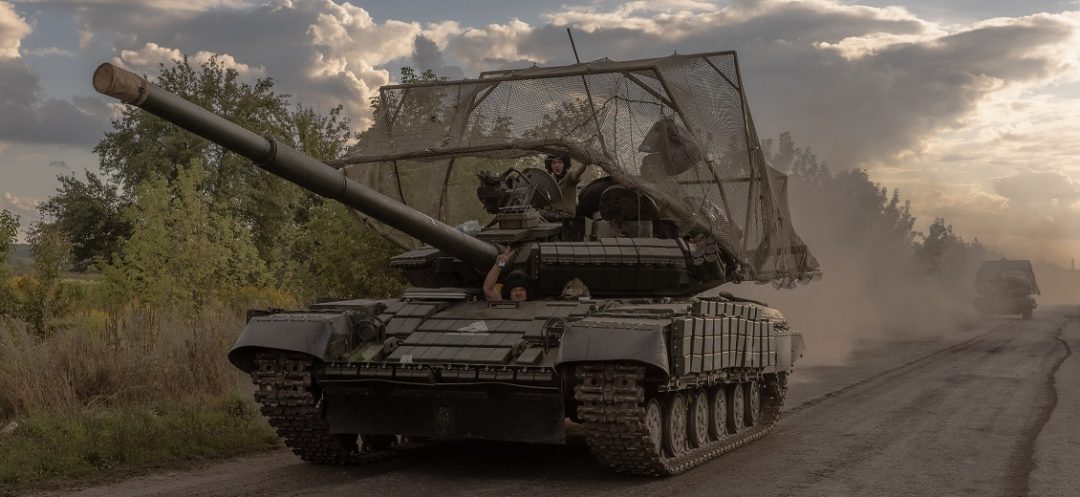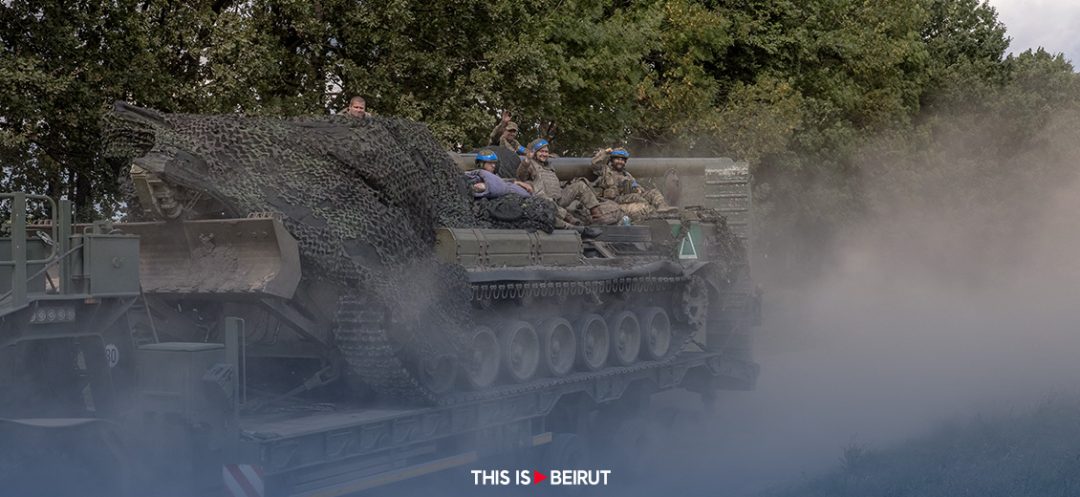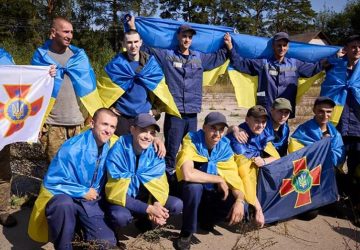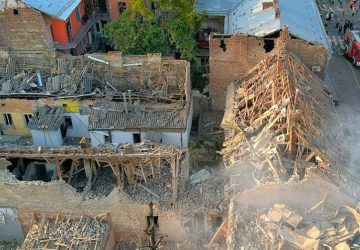President Vladimir Putin ordered his army on Monday to “dislodge” Ukrainian troops who have entered Russian territory as authorities said over 120,000 people had been evacuated away from the fighting.
Ukraine sent troops last week into Russia’s border region of Kursk, in the largest cross-border operation by Kyiv since Moscow launched its offensive more than two years ago.
The assault, which has sent tens of thousands of people fleeing, marked the most significant attack by a foreign army on Russian territory since World War II.
A top Ukrainian official told AFP that the operation was aimed at stretching Moscow troops and destabilizing the country after months of slow Russian advances across the frontline.
Some 121,000 people have fled the Kursk region since the start of the fighting, which has killed at least 12 civilians and injured 121 more, regional governor Alexei Smirnov told the meeting with Putin.
Catching the Kremlin Off Guard
The assault appeared to catch the Kremlin off guard, with Moscow’s army rushing in reserve troops, tanks, aviation, artillery and drones in a bid to quash it.
Despite the efforts, the army conceded on Sunday that Ukraine had been able to penetrate its territory by up to 30 kilometers (20 miles) in places.
In a daily briefing on the situation in the western Kursk region, the Defense Ministry said it had “foiled attempts” by Ukraine’s forces to “break through deep into Russian territory” using armored vehicles.
But it said some of those forces were near the villages of Tolpino and Obshchy Kolodez, some 25 kilometers and 30 kilometers from the Russia-Ukraine border.
A Ukrainian security official told AFP on condition of anonymity that “the aim is to stretch the positions of the enemy, to inflict maximum losses and to destabilise the situation in Russia as they are unable to protect their own border.”
On Monday, Russia ordered fresh evacuations in the region, moving people from the neighboring region of Belgorod.
Russia’s Defense Ministry said on Monday that its air defense systems had destroyed 18 Ukrainian drones – including 11 over the Kursk region.
Nuclear Plant on Fire
On Sunday, each country blamed the other for a fire at the Zaporizhzhia nuclear plant in southern Ukraine occupied by Russian forces, though both sides – and the UN’s nuclear watchdog – said there was no sign of a nuclear leak.
“No impact has been reported for nuclear safety,” said a statement from the International Atomic Energy Agency, which has experts at the site. Both Kyiv and Moscow said there had been no rise in radiation levels.
In a later statement, the IAEA said it had requested that its team get “immediate access to the cooling tower to assess the damage.”
A Moscow-installed official, Vladimir Rogov, said the blaze has been “completely extinguished” in a Telegram post on Monday.
Russia invaded Ukraine in February 2022 and has waged an unrelenting campaign, occupying swathes of the east and south and subjecting Ukrainian cities to daily missile and drone attacks.
After re-capturing large areas in 2022, Kyiv has largely been on the back foot, struggling with manpower and arms supplies.
Helicopters ‘Over Your Head’
Russia said on Saturday that more than 76,000 civilians had been evacuated from border areas, with more leaving on Sunday.
Russia’s rail operator has put on emergency trains from Kursk to Moscow, around 450 kilometers away, for those looking to flee.
“It’s scary to have helicopters flying over your head all the time,” said Marina, refusing to give her surname, who arrived by train in the Russian capital on Sunday. “When it was possible to leave, I left.”
Kursk regional governor Alexei Smirnov conceded on Sunday that the situation was “difficult.”
Across the border in Ukraine’s Sumy region, from where Ukraine launched the incursion, AFP journalists saw on Sunday dozens of armored vehicles daubed with a white triangle – the insignia apparently being used to identify Ukrainian military hardware deployed in the attack.
Analysts think Kyiv may have launched the assault to try to relieve pressure on its troops in other parts of the sprawling front line.
But the Ukrainian official said, “Their pressure in the east continues, they are not pulling back troops from the area,” even if “the intensity of Russian attacks has gone down a little bit.”
The Ukrainian official said he expected Russia would “in the end” manage to stop the incursion.
Ukraine was bracing for retaliation with a large-scale missile attack, including “on decision-making centres” in Ukraine, the official added.
Ania Tsoukanova and Jonathan Brown, with AFP






